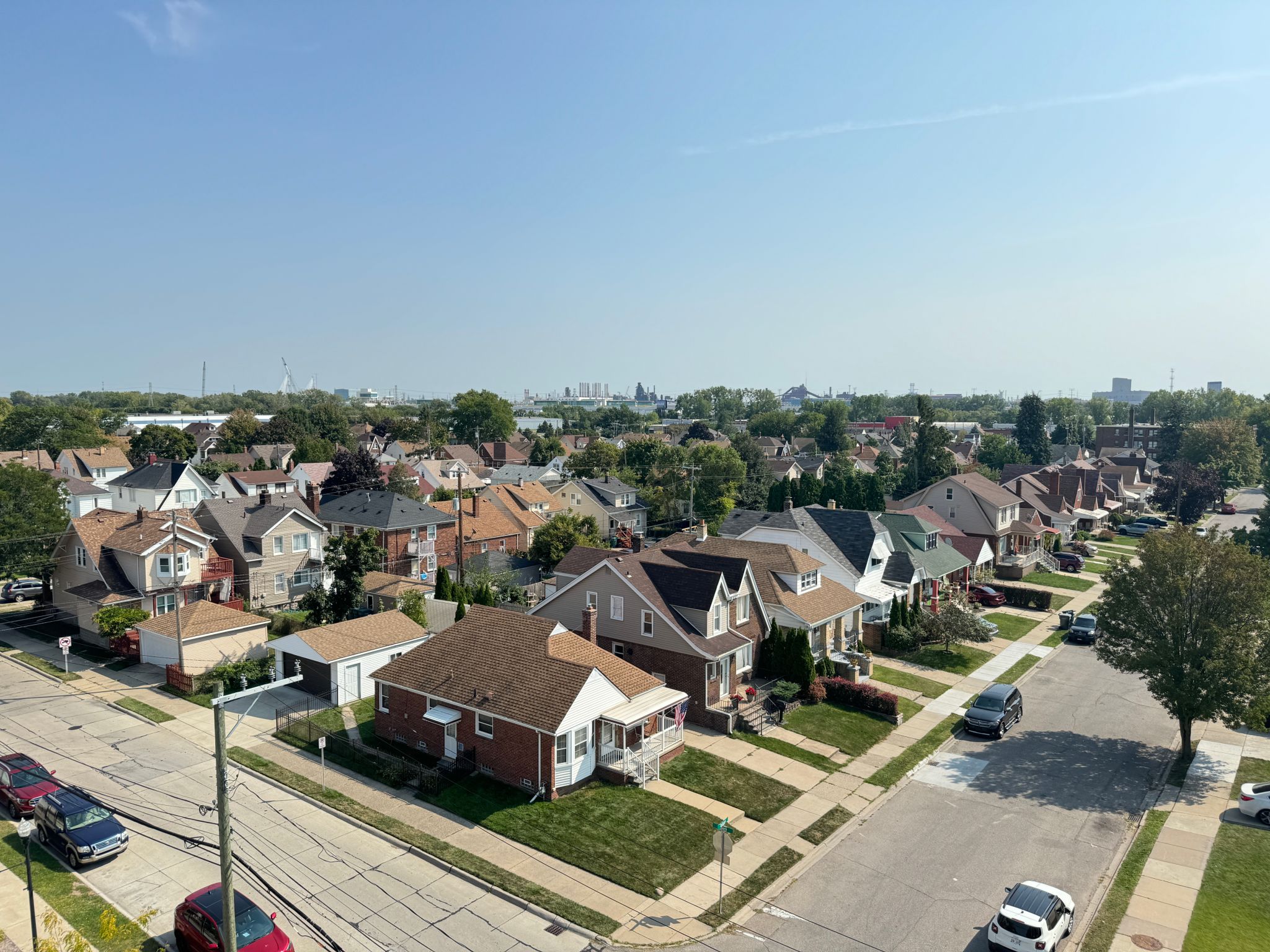How to Choose the Right Location for Your Real Estate Project
EC
Understanding Your Target Market
Choosing the right location for your real estate project begins with understanding your target market. Are you catering to young professionals, families, or retirees? Each demographic has different needs and preferences when it comes to location. Young professionals might prefer urban areas with easy access to public transportation and vibrant nightlife, while families might prioritize proximity to good schools and parks.

Analyzing Local Amenities
Local amenities play a crucial role in determining the desirability of a location. Consider the availability of supermarkets, healthcare facilities, recreational centers, and entertainment options. Locations with a variety of amenities tend to attract more interest, potentially increasing property value over time. It’s also worth researching any planned developments or improvements to the area that could enhance its appeal.
Transportation and Accessibility
Accessibility is another key factor in choosing the right location. Evaluate the transportation infrastructure in the area, including highways, public transit options, and walkability. Properties with easy access to major roads and public transport are often more attractive to potential buyers or renters. This can also influence property appreciation rates positively.

Assessing Economic Growth and Stability
The economic health of a region can significantly impact the success of your real estate project. Look into local employment rates, the presence of major employers, and overall economic stability. Areas with growing job markets tend to draw more residents, which can drive demand for housing and increase property values over time.
Evaluating Crime Rates and Safety
Safety is a top priority for most homebuyers and renters. Research crime rates in prospective locations to ensure they align with the expectations of your target market. Lower crime rates generally make an area more appealing, contributing to both a better quality of life and higher property values.

Considering Environmental Factors
Environmental factors should not be overlooked when choosing a location. Consider the area's susceptibility to natural disasters such as floods, earthquakes, or hurricanes. Additionally, look into air quality issues or other environmental concerns that might affect residents' health and well-being.
Understanding Zoning Laws and Regulations
Zoning laws can greatly influence what you can do with your real estate project. Before settling on a location, familiarize yourself with local zoning regulations, building codes, and any restrictions that may apply. Understanding these regulations will help you determine whether your project is feasible and compliant with local laws.
Exploring Community Culture
The culture of a community can significantly impact the success of your real estate project. Engage with local residents to get a sense of community values and lifestyle. This can provide insights into whether the area aligns with the vision for your project and meets the expectations of your target market.

Long-Term Potential
Finally, consider the long-term potential of your chosen location. Investigate future development plans, population growth projections, and potential changes in infrastructure. These factors can indicate whether an area is likely to appreciate in value over time, making it a sound investment for your real estate project.